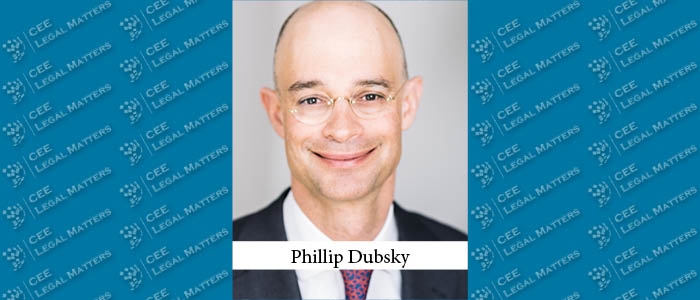The legal landscape for businesses in Austria keeps evolving, primarily driven by a new type of company called Flexcap, which offers improved tax treatment for employees and streamlined share transfers within companies, contributing to increased flexibility and opportunities for entrepreneurs, according to Herbst Kinsky Partner Phillip Dubsky.
“M&A activity in Austria has experienced some fluctuations at the beginning of the year, primarily due to rising interest rates,” Dubsky begins. With financing becoming more expensive, companies are opting for less leverage. “However, we've seen a silver lining in the overall M&A market, which has been showing signs of recovery. Good clients and increased work opportunities are driving this trend, despite the financial challenges,” he says.
Focusing more on the legislative updates that target the overall business sector in Austria, Dubsky reports an interesting new company form – the Flexcap. “The Flexcap legislation is an exciting development for new businesses,” he says. “Starting on November 1, 2023, companies can be established for just EUR 10,000, down from EUR 35,000, under certain conditions. These conditions, such as the number of employees, make it easier for entrepreneurs to kickstart their ventures,” he explains. “This move is aimed at increasing flexibility and bolstering the start-up and early-stage ecosystem in Austria.”
Furthermore, there are additional benefits for employees. “There have been significant improvements in the tax treatment of stock options for employees,” Dubsky continues. “Previously, employees could face income tax issues, potentially having to pay income tax based on the stock options they would get.” According to him, under the new rules, this problem disappears. “Stock options are only taxed upon exit, with 75% of the exit value treated as capital gains and taxed at 27.5%. The remaining 25% is taxed as regular income.”
Moreover, the Flexcap approach also seeks to make it easier for shares to be transferred within the company itself. “Under the existing regime, transferring shares within a company required a notarial deed, which is often cumbersome,” Dubsky says. “With the new law, this requirement is eliminated, making it easier and more efficient for companies to manage their shares. It streamlines processes and reduces administrative burdens,” he posits.
Finally, Dubsky reports that, on the whole, while the Austrian stock market has been challenged – there are signs of potential change. “An Austrian semiconductor company listed in Switzerland announced plans for refinancing its capital structure, contemplating an EUR 800 million offering to existing investors as well as additional financing,” he reports. “This development aligns with what I mentioned earlier: capital market and M&A transactions often arise from companies' refinancing needs, particularly in sectors with highly leveraged players. Still, we remain hopeful that the recovery trends will pick up and things continue with getting back to normal,” Dubsky concludes.
















